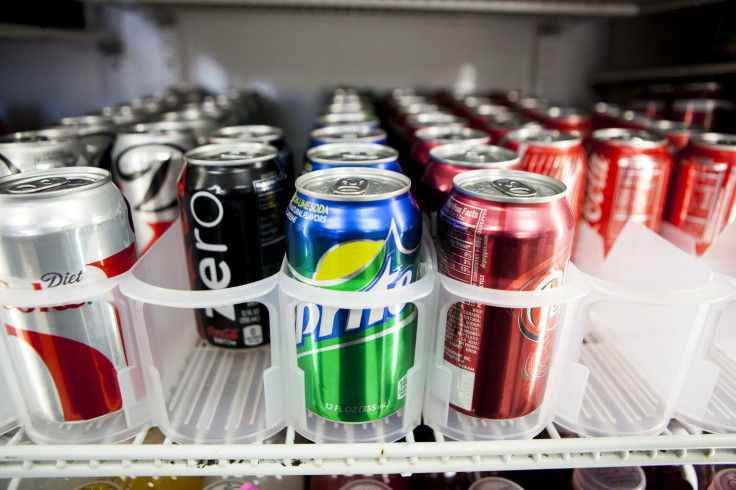
Sugar is bad for you, according to the United Nations World Health Organization (WHO). Last week, the organization halved it’s recommended maximum intake of refined sugars from ten percent of a person’s daily caloric intake to five percent. That’s about 25 grams, or less than the sugar content of a single soda. The recommendations come after a careful review of scientific nutrition studies published in the past years. Some anti-sugar advocates said that the recommendations came to slow, and that the dangers of sugar have been known for years.
“We have solid evidence that keeping intake of free sugars to less than 10% of total energy intake reduces the risk of overweight, obesity and tooth decay,” said Dr Francesco Branca, Director of WHO’s Department of Nutrition for Health and Development, in a statement.
A major factor in obesity, eating less sugar isn’t just about no-sucrose diets or losing weight by cutting down on sweets. High sugar diets can lead to diabetes and other health problems.
"It is a tragedy that it has taken 10 years for the WHO to think about changing their recommendation on sugar, which will have had astronomic implications on the millions affected by obesity and type 2 diabetes the world over," Katharine Jenner, a nutritionist, said in an interview with the B.B.C.
Diabetes and other sugar-exacerbated maladies disproportionately affect minority communities. About 13 percent of Hispanics and African Americans suffer from the disease, that’s almost twice the rate of whites. Complications from diabetes, a insulin-deficiency disease, can lead to hypoglycemia, limb amputation, depression, and premature death. The CDC reports that diabetes rates have doubled across the board since 1980.
Complications from diabetes, a insulin-deficiency disease, can lead to hypoglycemia, limb amputation, depression, and premature death.
Good Sugar Vs. Bad Sugar
“Sugar” in the WHO guidelines refers to refined sugars commonly found in sweets, ketchup, sodas, and other processed foods. “Natural” sugars from fruits, vegetables, milk and other less-processed foods do not present any known health risks, according to the WHO. The average American consumes about 153 grams of “bad sugar” every day, or six times the WHO’s recommended amount.
© 2025 Latin Times. All rights reserved. Do not reproduce without permission.



